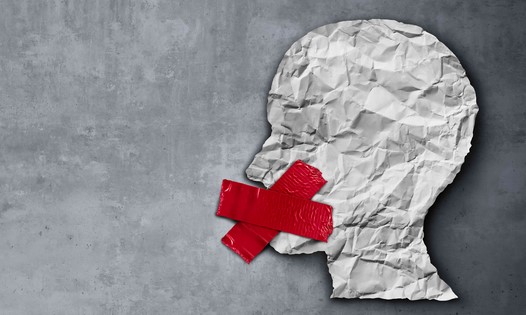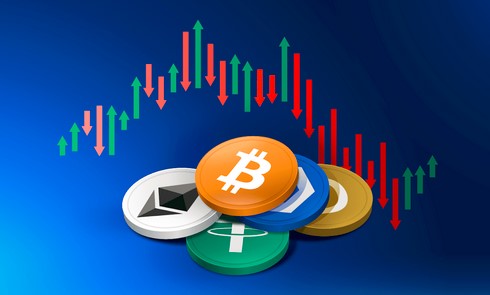In recent years, a term that has sparked heated debates and divided opinions across society is “cancel culture.” Some view it as a necessary tool to hold individuals accountable for their actions, while others see it as a threat to free speech and open discourse. In this article, we will explore the controversial phenomenon of cancel culture, examining its origins, implications, and the delicate balance between accountability and censorship.

The Origins of Cancel Culture
Cancel culture, also known as call-out culture, emerged as a grassroots movement within social media platforms. It was initially a means for marginalized communities to address systemic issues and hold individuals and institutions accountable for their behavior, particularly concerning racism, sexism, and other forms of discrimination.
Accountability or Censorship?
One of the central controversies surrounding cancel culture is the question of whether it promotes accountability or stifles free speech. Critics argue that the movement often leads to a rush to judgment, public shaming, and consequences disproportionate to the alleged offense. They worry that it can create a climate of fear, where individuals self-censor to avoid backlash.
The Power of Social Media:
Social media platforms have played a pivotal role in amplifying cancel culture. The viral nature of these platforms can lead to swift and widespread consequences for those who are called out. In some cases, individuals have faced career-ending repercussions based on social media allegations.
Cancel Culture and Free Speech:
Defenders of cancel culture argue that it is not a violation of free speech, as it is generally individuals or private entities choosing to disassociate themselves from those whose actions they find objectionable. They argue that free speech protects individuals from government censorship, not necessarily from societal consequences.
Public Figures and Cancel Culture:
Public figures, including celebrities, politicians, and influencers, are often targets of cancel culture. Their actions are scrutinized in the public eye, leading to boycotts, lost endorsements, or even resignations. The debate arises when considering whether these consequences are proportional or driven by a desire for retribution.
Nuance and Context:
One of the primary criticisms of cancel culture is its lack of nuance and consideration of context. Some argue that it fails to distinguish between genuine wrongdoing and simple mistakes, making it difficult for individuals to learn from their errors and grow.
The Impact on Open Discourse:
Cancel culture has raised concerns about the chilling effect it may have on open discourse and free exchange of ideas. Critics argue that the fear of being canceled may deter individuals from engaging in honest discussions or expressing unpopular opinions.
Balancing Accountability and Compassion:
Navigating the cancel culture controversy requires striking a balance between accountability and compassion. While holding individuals responsible for their actions is crucial, it is also essential to allow space for growth, education, and redemption.
Conclusion: A Call for Dialogue
The controversy surrounding cancel culture is complex, and there are valid arguments on both sides. As society grapples with this phenomenon, it is essential to engage in open and respectful dialogue. Finding common ground and establishing guidelines that promote accountability without stifling free speech is a challenge worth pursuing. Ultimately, society’s ability to navigate this controversy will shape the future of public discourse and accountability in the digital age.




